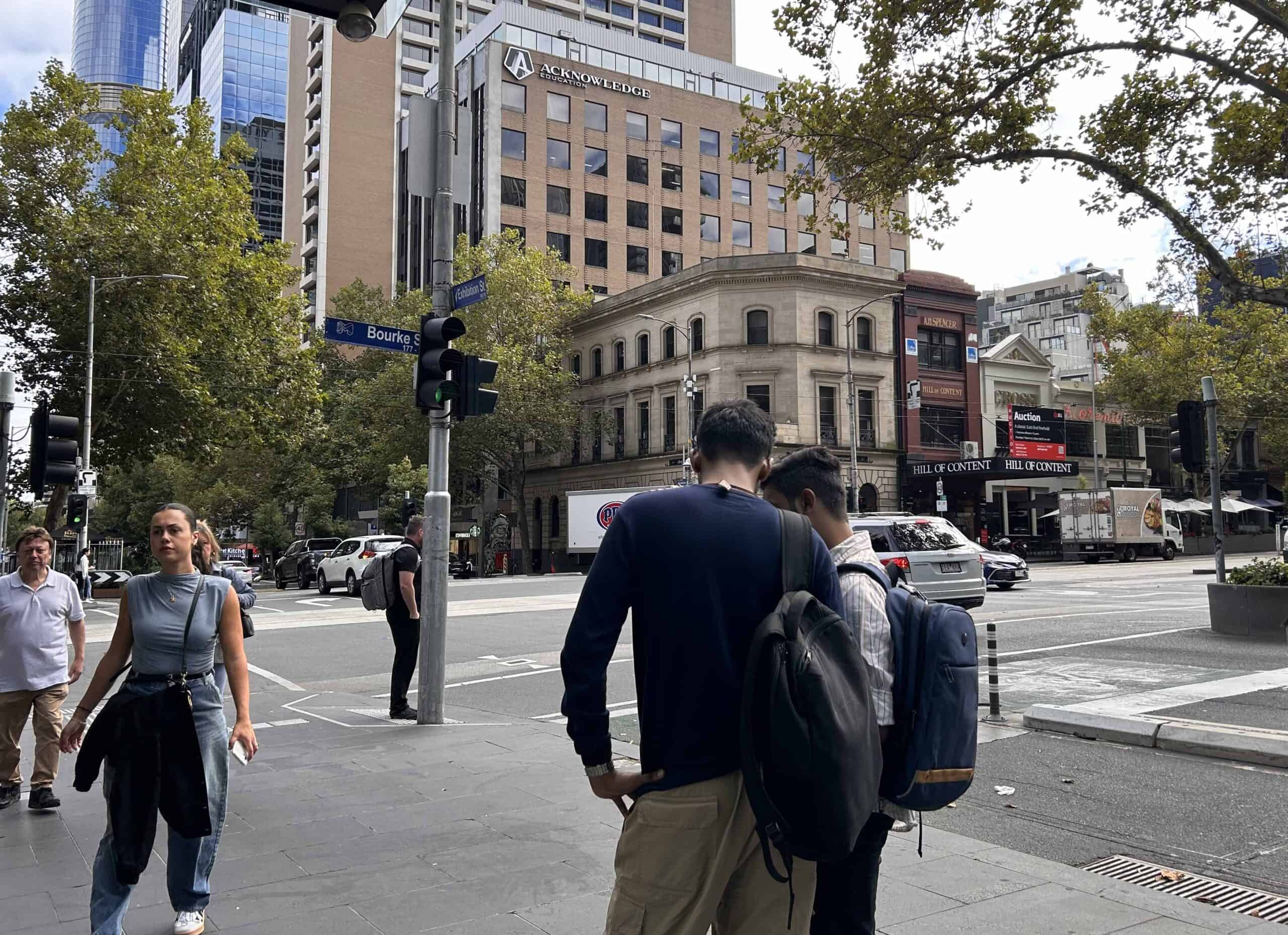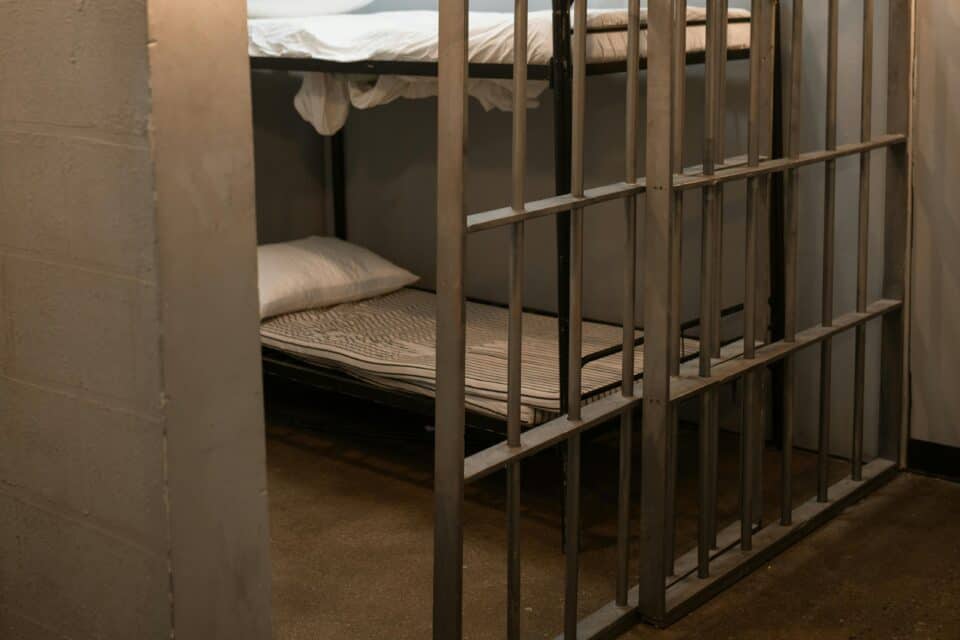Australia’s minister of education will have the power to set a limit for maximum number of new international student enrolments at any institution, the government has suggested as it heralds new legislation becoming law this week.
Any cap approach will not happen until January 2025, Phil Honeywood of IEAA, speaking directly to The PIE, confirmed after an urgent meeting was held with ministers to clarify detail on the latest statement.
The departments of home affairs, education and skills & training jointly explained that along with incoming legislation, a limit on enrolments per institution is being suggested as part of a new international education and skills strategic framework.
The aim of the legislation and draft framework is to ensure “there is no place for dodgy operators”, Brendan O’Connor, minister for skills and training, said.
The government will consult with the sector on all aspects of the framework and release a final version later this year.
“We were very worried it was going to be from 1 July and it was going to be very rushed and a hard cap rather than a negotiated cap,” Honeywood explained – underlining he had called the meeting as convenor of Australia’s Council for International Education.
“We also got agreement from the government that they would look at getting additional student places to genuine regional universities and providers to try and encourage more overseas students to study in regions.”
Honeywood told delegates at the Department of Education International conference in Brisbane that achievements made by lobbying mean there is no chance of any cap affecting resaerch students – or any international students coming to K-12 schools in Australia.
Limiting enrolments per institution is not dissimilar to the move Canada has made this year with provincial allocation letters capped per institution controlling their ability to make offers to international applicants.
Interestingly, it is noted that if institutions want to enrol international students above a particular limit, they will be required to establish an additional, new supply of purpose-built student accommodation to benefit both international and domestic students and free up pressure on the rental market.
“We were very worried it was going to be a rushed and hard cap rather than a negotiated cap”
On this, Honeywood told The PIE they articulated this is a “long game” tactic. Very recently, Randwick City Council in Sydney voted against a 1,000-bed Iglu accommodation facility, which had been planned for over two years.
“We explained to the government that it can take at least three years to get the shovel ready even by the time you go through planning.”
In impending legislation, any institutions under serious regulatory investigation will be prevented from recruiting new students, while new providers seeking registration will need to demonstrate a track record in teaching domestic students before getting approval to teach internationals.
The new rules are aimed at the vocational college space. O’Connor said, “We are focused on ensuring our VET sector is safe, welcoming and supportive for international students and this is the next step the Albanese Government is taking to strengthen integrity and sustainability in international education.
“Because there is no place for dodgy operators who undermine the strong reputation of the sector, we are making it tougher for bottom-feeders to take advantage of international students for a quick buck.”
A summary of the incoming restrictions to businesses:
- Ability to limit new international enrolments
- Prevent education providers owning colleges
- Pause all new applications to be regulated for 12 months
- Cancel dormant provider registrations
- Prevent any business under investigation from continuing to recruit
- Prove quality delivery for domestic first in cases of new registrations
- Prohibit agent commissions on student transfers to colleges while onshore
This last new rule was part of plans already announced in October last year when Clare O’Neil pledged that “rorts and loopholes that have plagued this system will be shut down”.
The ongoing focus on “bottom feeders” – as well as the well documented slowdown in visa issuance as the government seeks to control before and after a student is applying to come to Australia – are all part of the drive to deliver on quality and integrity.
The draft international education and skills strategic framework will see stakeholders picking through recommendations.
Education minister Jason Clare commented, “These reforms are designed to ensure the integrity, quality and ongoing sustainability of this vitally important sector.
“The draft International Education and Skills Strategic Framework will lay the groundwork for an international education sector that is more sustainable and provides the highest quality education and student experience for all students.”
Additional reporting by Gizelle Rezende






